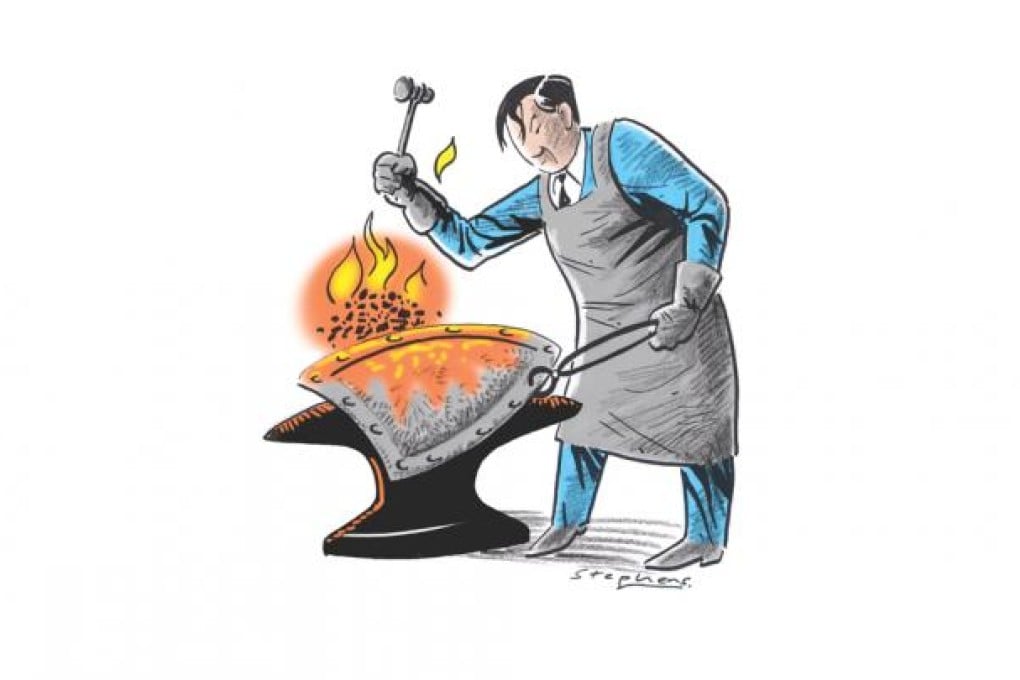Taiwan quietly forging ahead in human rights protection
Yu-Jie Chen and Jerome A. Cohen say Taiwan has come far in the protection of people's rights, a journey marked recently by a creative review process designed to help bring its laws into line with global standards

For over four decades after the Allied victors in the second world war allowed Chiang Kai-shek's Chinese government to reclaim Taiwan from Japan, the generalissimo's Kuomintang maintained a ruthless Leninist-style dictatorship over the island. Yet KMT propaganda hoodwinked many outside the island to believe that it, unlike the Maoist regime that chased it from mainland China in 1949, was the defender of democracy, the rule of law and human rights for Chinese people.
During the past generation, since the end of martial law in 1987, Taiwan has experienced a gradual, peaceful political revolution that established genuine democracy, government under law and respect for many internationally guaranteed human rights. This monumental achievement, unprecedented in Chinese history, is a tribute to both the adaptability of the decreasingly authoritarian KMT and the increasing maturity of its major domestic rival, the Democratic Progressive Party. Yet, because of Taiwan's continuing exclusion from the United Nations, from which it was ousted as the representative of China in 1971, and because, until recently, both DPP and KMT administrations proved less adept than Chiang in foreign propaganda, Taiwan's achievement has been too little noticed and supported by the world community.
Four years ago, however, President Ma Ying-jeou's new KMT government, with DPP co-operation, finally adopted the UN's two major human rights treaties - the International Covenant on Civil and Political Rights and the International Covenant on Economic, Social and Cultural Rights, which the Chiang regime had signed but never ratified.
The UN secretary general rejected Taiwan's attempt to deposit the instruments of ratification, but Taiwan nevertheless implemented the two covenants. They were given not only the status of domestic laws but a higher status than ordinary legislation, a position just below the constitution. Moreover, the government was required to bring all laws, regulations and official measures into conformity with the two covenants by December 2011.
It was also required to establish a reporting system to monitor the progress of its implementation of the treaties. Because Taiwan, unlike governments that participate in the UN, cannot submit state reports for evaluation by the UN human rights treaty bodies, Taipei, in consultation with domestic non-governmental organisations, creatively designed its own independent evaluation process, similar to the UN treaty implementation review in some aspects but going beyond it.
The Ma administration invited 10 international human rights experts, many of them experienced in UN treaty reviews, to serve as independent experts - five each on two committees for the two treaties. Last month, they evaluated the reports prepared by Taiwan's government and NGOs in a process that generally followed relevant UN guidelines.
What made this process special is that it was conducted not in Geneva but on the ground, which made possible participation of large official delegations as well as NGOs that would not have had the resources to fly to Geneva.